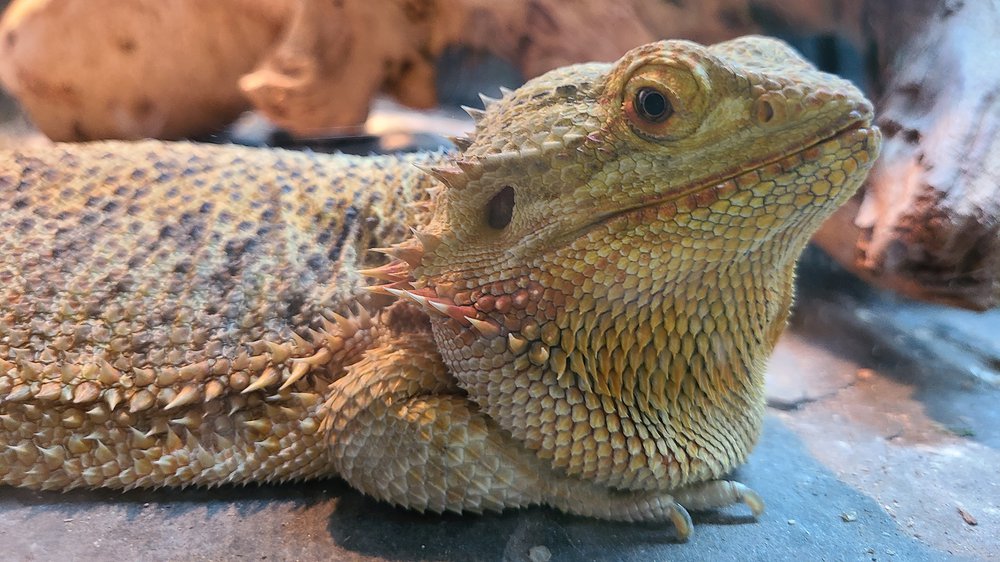It’s pretty common for folks to get super concerned about charismatic megafauna, like pandas or elephants. Those animals tend to tug at our heartstrings and we pay attention when we see concerning news about those fuzzy and cute critters.
Reptiles, on the other hand, tend to not be as well loved in pop culture, often demonized and thus made even less appealing to the general public. But reptiles rule and totally matter! Scientists recently published some news on reptiles about how they’re being impacted at a global … scale! So, today’s big question is: How are our reptiles doing?!
There are about 10,700 reptiles known to science. For perspective, there are only about 5,400 mammals recorded out there. A new report recently published by scientists shares some concerning news about our planet’s reptile population. This study is a first of its kind involving 961 scientists and 24 countries across six different continents, truly the best global science snapshot of reptiles on Earth as of yet! Scientists combed through 15 years of reports, findings and journals and came to a conclusion that 21% of Earth’s reptiles are threatened by extinction. This works out to nearly 1 in 5 reptile species!
It's not surprising that many of the threats to reptiles also are impacting other plants and animals as well. These threats include climate change, habitat destruction, diseases and pollution. Policy change and new guidelines for human development are needed to help address this situation, but we as individuals can also do our part.

To learn more about reptiles, and see this bearded dragon, visit our Animal Lab at the Science Museum.
In Virginia, we have 155 different species of reptiles, each vital to our region’s ecosystems. Here are some Virginia reptile-friendly moves you can make to help do your part.
- We have 34 snake species here, but only three are venomous. So, instead of killing literally every snake we encounter in our yard, it’s suggested to just back away and let it slither on to its destination. These snakes are not interested in terrorizing us as much as going on with their daily life and fulfilling needs, like finding the right mouse to eat!
- Another easy way to help is to just keep your eyes on the road while biking or driving. These cold-blooded animals love bathing on paved surfaces to collect warmth. Keep an eye out and you may save a few reptile lives along the way.
- We have 25 species of turtles in Virginia. If you see one crossing the road and want to help, make sure you get it across the street in the direction it was heading or else it’ll just turn around and get back on the street again!
- When you rake your yard, leave those piles of leaves around instead of bagging them or having them sucked up. Leaves serve as habitats for so many of our little friends, reptiles included.
- Gardeners are also encouraged to plant native or organic plants, these require fewer toxic and dangerous pesticides which will prevent spreading poison to our friendly neighborhood reptiles.
Lastly, the best thing one can do is learn more about reptiles. The Virginia Herpetological Society is a great resource to learn about our state’s reptiles and how we can benefit them in our day to day lives.
Also, remember great minds skink alike! If we all do these herpetofauna-protecting practices, we will be contributing to the steps needed in helping conserve our planet’s reptile population.


